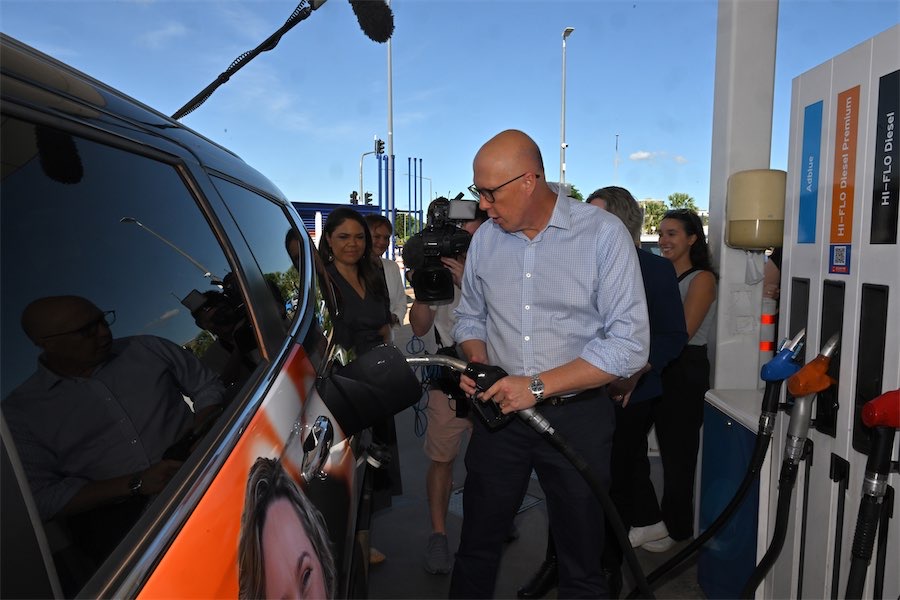AT a time where 70 per cent of community organisations were forced to stand down volunteers due to coronavirus restrictions, 31 per cent are experiencing an increase in demand for their services, according to a survey conducted by VolunteeringACT.

And now, with politicians and experts talking about “learning to live with the virus”, it raises the question, will Canberrans who are older than 65, who are more at risk to the virus and who volunteer more hours than any other age group, volunteer again when restrictions lift?
For volunteer Glenda Anderson, who fits in the “at risk” age group, it won’t be an issue, but she says she knows a few volunteers who had to stop because of health issues.
Glenda has continued to volunteer throughout the whole pandemic, but says people aged 70 or older were told they’re not allowed to, for now.
“Most of the volunteers that I’ve worked with have been happy to continue,” says Glenda, who volunteers at Palliative Care ACT and Clare Holland House.
Before the pandemic she also volunteered for the Canberra Region Cancer Centre but due to health risks, they’re not allowing volunteers at the moment, she says.
When they do allow volunteers again, she says she won’t be reluctant to go back.
“I wouldn’t be reluctant to go back at all. There’s less people that can volunteer at the moment [and] people, more than ever, need someone familiar to talk to because most people have been in isolation and are seeing less people,” she says.
“Most of the volunteers that I’ve worked with have been happy to continue, too.”
Despite the survey results, CEO of Canberra’s peak body for volunteering Vicky Darling says VolunteeringACT hasn’t seen any evidence either that would suggest volunteers won’t volunteer again.
“A lot of volunteers over 65 or over 70 have stopped volunteering because of the advice from the government,” she says.
“I think some volunteers and some employers are going to feel nervous about going back to face-to-face environments, which is why, as a peak body, we’re making sure the government is aware of issues and concerns.”
Another concern for community organisations, according to Vicky, is making sure they can keep their volunteers engaged, so as these organisations start up again, they’re more likely to keep volunteering with them.
“We’re encouraging people to involve volunteers in their staff community by sending them the staff newsletter or involving them in staff meetings,” she says.
“It’s important to invite them because they’re part of the full staff or letting them know you’re there for them.”
Vicky says organisations can also look at creating new volunteer roles for those volunteers who are in virus limbo and still wanting to volunteer from home.
“There’s been some pretty drastic changes to volunteering,” she says.
“Obviously not all programs and services have been able to change the way they run and have had to temporarily suspend them [because they’re not able to meet the coronavirus requirements].”
The areas Vicky says that are experiencing the most pressure are aged-care services, disability services and community sector services where the need is still there but for the protection of the volunteers, they’ve had to suspend their services.
This, then, has an effect on the mental health of volunteers and the people they interact with, according to Vicky, who says not being able to volunteer can be quite distressing for people.
“Volunteering can provide friendships, it’s more than just serving a meal,” she says.
At the end of the day, Vicky says volunteers are at the heart of the community, and it’s not until they’re not there that people realise the huge difference they make.
“We’d be lost without them,” she says.
“The wonderful thing about volunteers is that they choose to do it. There is something wonderful about a human being who is there for the love of it. “We’d be a much poorer society if we didn’t have people like that.”
And, while what volunteers do is free, Vicky says volunteering is not free and it costs organisations wages to co-ordinate volunteers, train volunteers, and other out-of-pocket costs.
“I believe these organisations need more money than what they’re getting,” she says.
[Which is why] we will be advocating for changes to the way volunteering is supported, especially as we move into the recovery phase of the current public health emergency.”
Who can be trusted?
In a world of spin and confusion, there’s never been a more important time to support independent journalism in Canberra.
If you trust our work online and want to enforce the power of independent voices, I invite you to make a small contribution.
Every dollar of support is invested back into our journalism to help keep citynews.com.au strong and free.
Thank you,
Ian Meikle, editor









Leave a Reply